Report blames mental health decline in those 18-24 years of age on smartphones
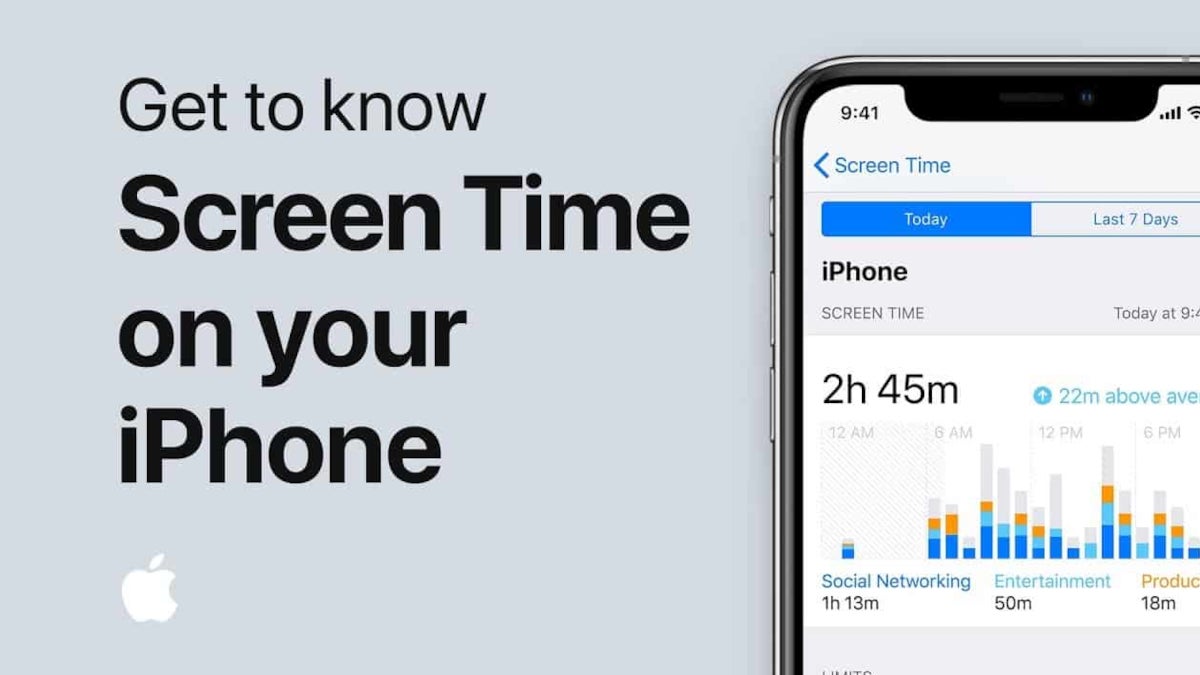
A report released by Sapien Labs indicates that smartphone use could be responsible for an ongoing decline in the mental health of young adults in the 18-24 age range. The report notes that before the internet, by the time someone turned 18, they would have spent "15,000 to 25,000 hours interacting with peers and family in person." But with the internet, that number has dropped down to a range of 1,500 to 5,000 hours.
Young Adults are spending too much time on smartphones instead of learning social skills says report
Tara Thiagarajan, Chief Scientist at Sapien Labs, says that this reduction in social interaction prevents people from learning important skills such as how to read facial expressions, body language, physical touch, appropriate emotional responses, and conflict resolution. Thiagarajan noted that people who lack these skills can end up detached from society and feel suicidal.
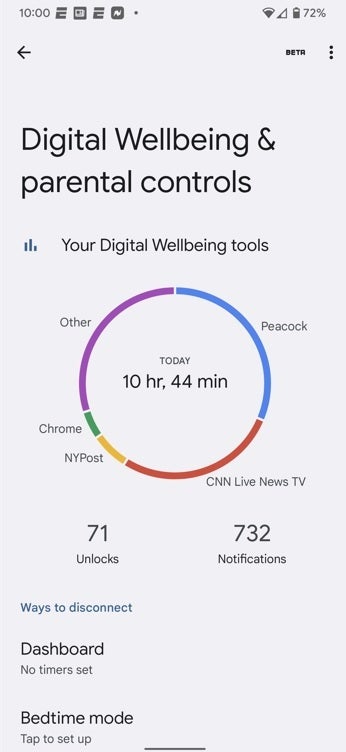
Android's Digital Wellbeing and Apple's Screen Time are supposed to keep your phone usage from disrupting your mental health
Data was obtained in 34 countries where the decline in the mental well-being of young adults 18-24 had started prior to the pandemic. The decline started after 2010, coinciding with the increase in smartphone use. Before 2010, young adults had the highest levels of psychological well-being. Since then, the trend has been heading in the opposite direction.
If you know a heavy smartphone user in the 18-24 age group, watch for the following symptoms which could be an indication of a mental problem:
- Obsessive, strange, or unwanted thoughts
- Self-image, Self-worth, and confidence
- Feelings of being detached from reality
- Relationships with others
- Suicidal thoughts
- Fear and anxiety
- Feelings of sadness, distress, or hopelessness.
As Thiagarajan says, "Data shows that people now spend 7-10 hours online. This leaves little time for in-person social engagement. This highlights the magnitude and nature of the challenges of social isolation and digital interaction at the expense of in-person social interaction."
The above symptoms, says the report, "point to a decline of the Social Self, a composite metric of how we view ourselves and are able to form and maintain relationships – essentially a view of how an individual is integrated into the Social Fabric. This constellation of symptoms that dominate the mental profile of young adults do not map to any single disorder as defined by the DSM (which is the standard classification system for mental disorders used by mental health professionals in the United States)."
Do you believe that time spent by young adults on their smartphones is costing them the ability to learn the social skills they need to cope with life? Or is this just another attempt to make technology the scapegoat for the decline in civilization?
Smartphone users are encouraged to use Screen Time or Digital Wellbeing
If you feel as though you need to monitor your smartphone usage some more, you can always use Screen Time on iOS to keep track of your iPhone usage. On Android, Digital Wellbeing is available.
To turn on Screen Time on your iPhone follow these directions:
- Go to Settings > Screen Time.
- Tap Turn On Screen Time.
- Tap Continue.
- Select This is My [device] or This is My Child's [device].
On Android, Digital Wellbeing is still a Beta and is hidden from your app list even if you install it on your phone. After you install Digital Wellbeing on your Android device, go to Settings > Digital Wellbeing & parental controls. As we said, the icon is hidden by default. If you follow the directions we just gave you, scroll down and there will be a toggle switch that says "Show icon in the app list." Turn the toggle on to see the Digital Wellbeing icon in the app list. If you plan on using the app daily, you might want to make sure that the toggle is on.
Both Apple's Screen Time and Google's Digital Wellbeing want to reduce your screen time, reduce the number of notifications you receive every day, and create a period each night for you to wind down using your phone so that you can have a restful sleep. And they also will give you some control over how your child uses his or her phone.
Follow us on Google News










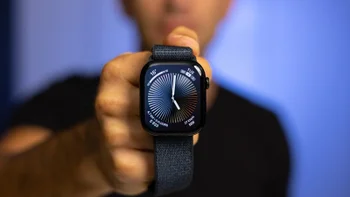
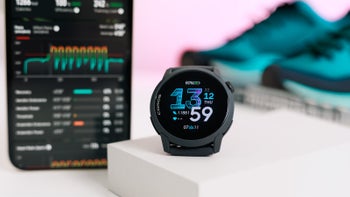
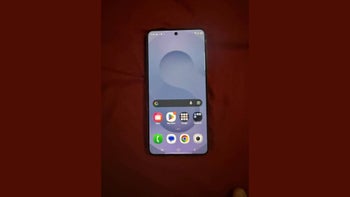
Things that are NOT allowed:
To help keep our community safe and free from spam, we apply temporary limits to newly created accounts: